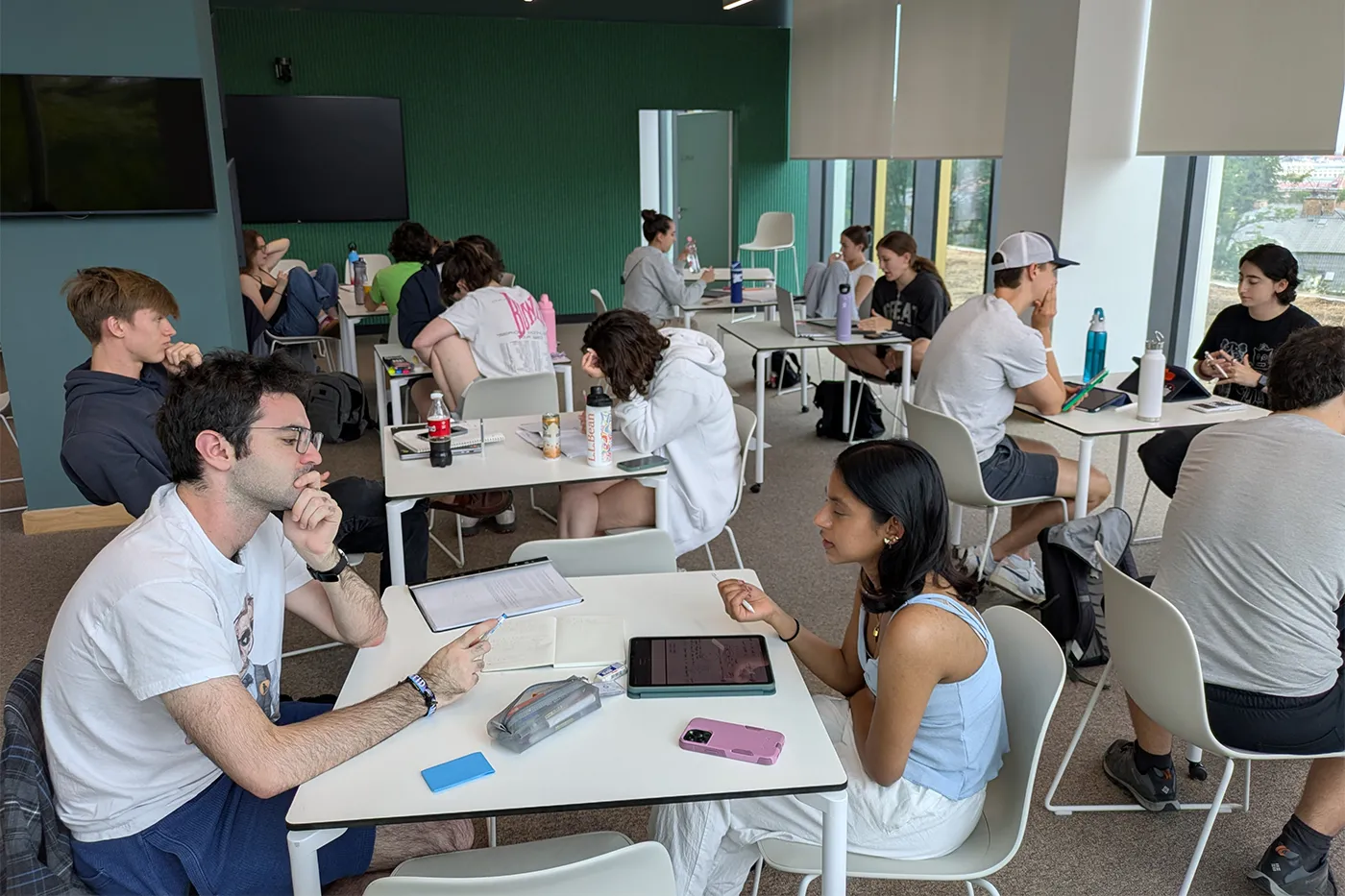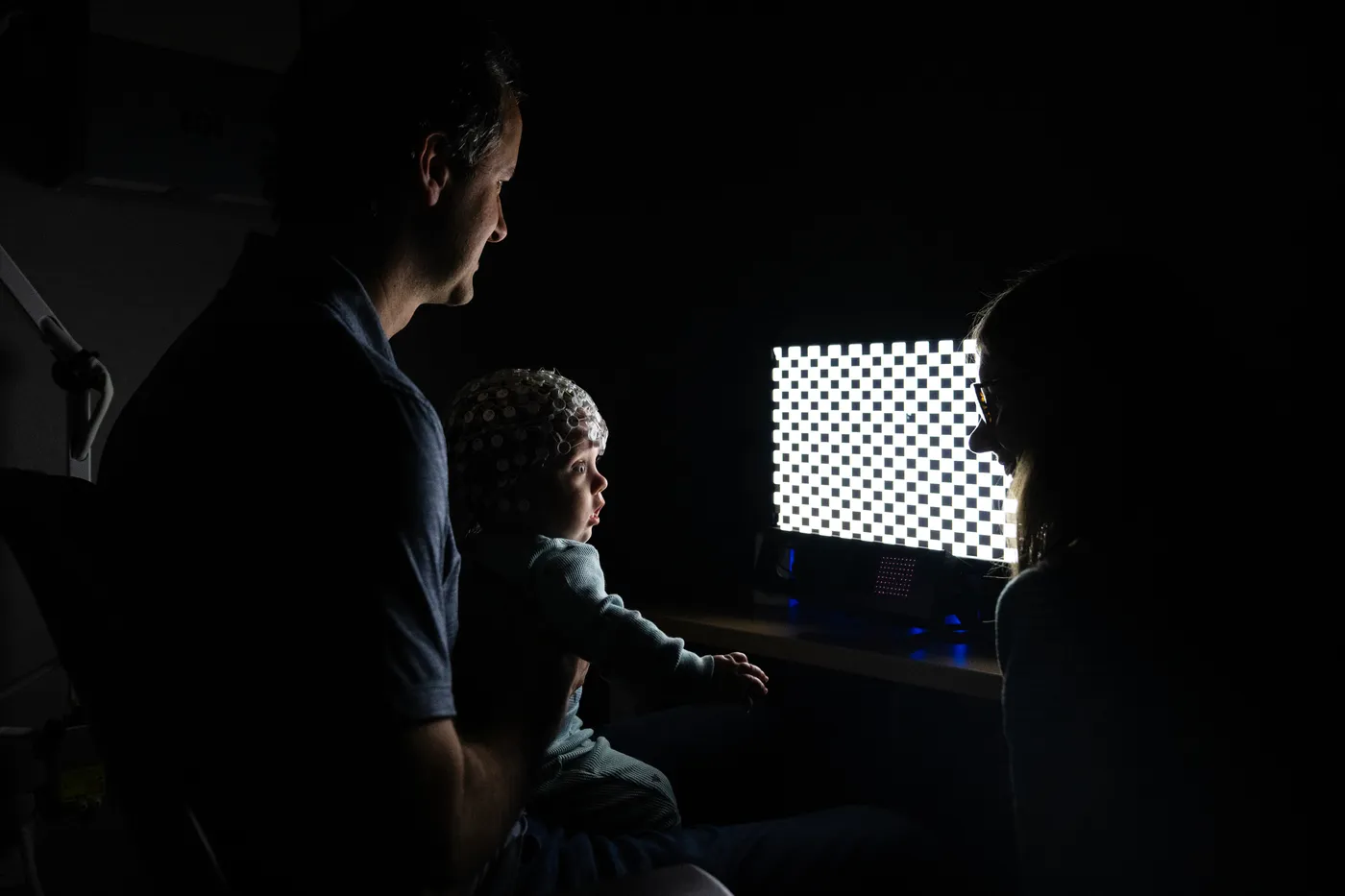Since the Human Genome Project first produced the genetic instructions for a human being by sequencing DNA 22 years ago, scientists have been focused on roughly 2% of the genome producing proteins.
But what about the rest?
Northeastern University professor Sudhakaran Prabakaran says this “dark genome” is not only actively making “dark proteins,” but its secrets could provide the future for the pharmaceutical industry and modern medicine.
“If biology and evolution are known to keep things simple and efficient, if it is just using 1% or so of the genome, why would it keep the remaining 98%? There must be some reasons for it,” says Prabakaran, associate professor of biotechnology and chemistry and chemical biology at Northeastern. “Now we are discovering those reasons.”
Prabakaran is the author of the upcoming book “Eclipsed Horizons: Unveiling the Dark Genome,” an account of the scientific investigations into the so-called “junk” or non-coding DNA of the human genome. He has also recently reviewed the scientific literature in this field in new research.
Read more at Northeastern Global News.
Photo by Alyssa Stone/Northeastern University









